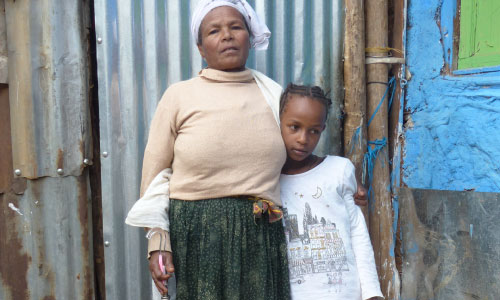
Valuing the work of older women
Older women’s work - both paid and unpaid - must be recognised, valued and supported.
Age International champions older women's voices and fights for gender equality at all ages.
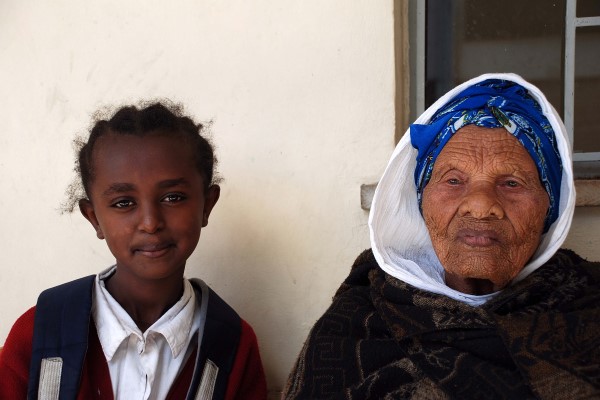
In older age, women have experienced and continue to experience multiple inequalities – in the workplace, in the household, in pay and opportunity and respect.
Age International would like to see a wider acknowledgement of women as equal members of society across their entire life-course. We would like to see older women’s contributions and achievements recognised on a par with those of younger women and with those of men.
The intersection of gender inequality and ageism means that women face even more challenges as they reach later-life.
Older women, for example, may be even less likely to receive recognition for the immense amount of support they provide to their households and communities – from feeding their families to caring for their neighbours. Instead, society often sees older women as a ‘burden’ and a ‘problem’ – completely discounting the many ways that older women support families and villages.
Also, when older women experience violence, they are less likely to be counted - many surveys recording violence against women stop counting women past the age of 49.
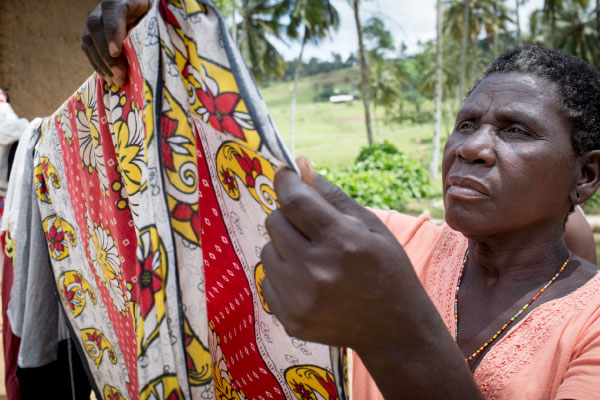
Grandmother Juma, 70, hangs out washing in Kenya
Women are more likely to be shouldering unpaid domestic and care work – sometimes willingly, sometimes not - because it is seen as 'women's work'. This does not stop as women get older.
The invisibility of older women’s work means that they are not getting the things that they need to improve their lives – from finance and loans, to healthcare and social protection. Women’s unequal access to economic resources is often linked to, and caused by, their caring role in the household, for example. Older women are far less likely than men to have a pension to buffer them.
As a result, women can reach later life in poverty, disempowered, and without knowledge of their rights.
It is often assumed that gender-based violence is something that only younger women experience. However, at Age International we know that older women are subject to all types of violence, abuse and neglect.
This includes psychological abuse, financial abuse, neglect, sexual violence, and physical violence.
In extreme cases, in some communities, older women can be accused of 'witchcraft' in an attempt to steal land and money from widows. Once accused of witchcraft, a woman may be threatened, beaten, and killed.
Globally, older women are contributing unrecognised yet critical support to their families, communities and economies through their paid and unpaid work. Our new report gives voice to older women’s experience of work and sets out recommendations for how to address this inequality.

Older women’s work - both paid and unpaid - must be recognised, valued and supported.
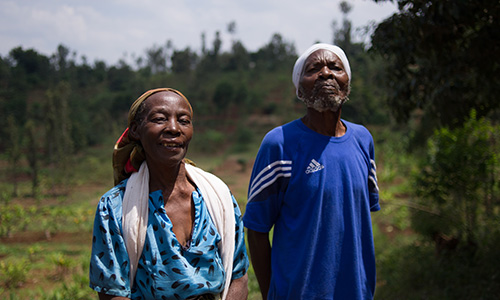
The importance of engaging older men in women's rights programmes.
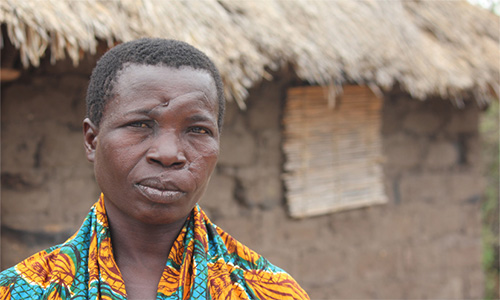
Why and how we must make more of an effort to listen to the experiences of women of all ages.
Our work relies on monthly donations. A monthly gift from you could transform the lives of so many people.